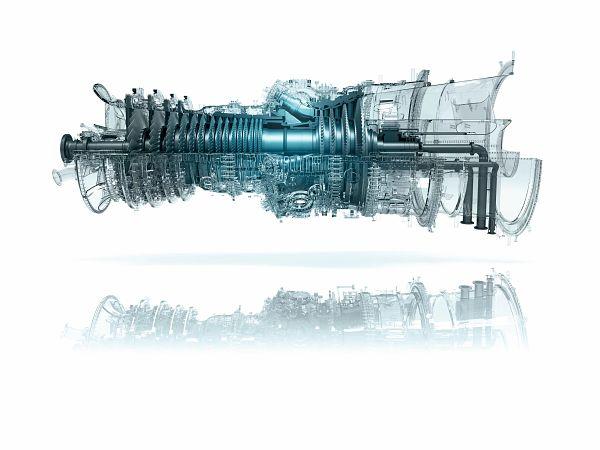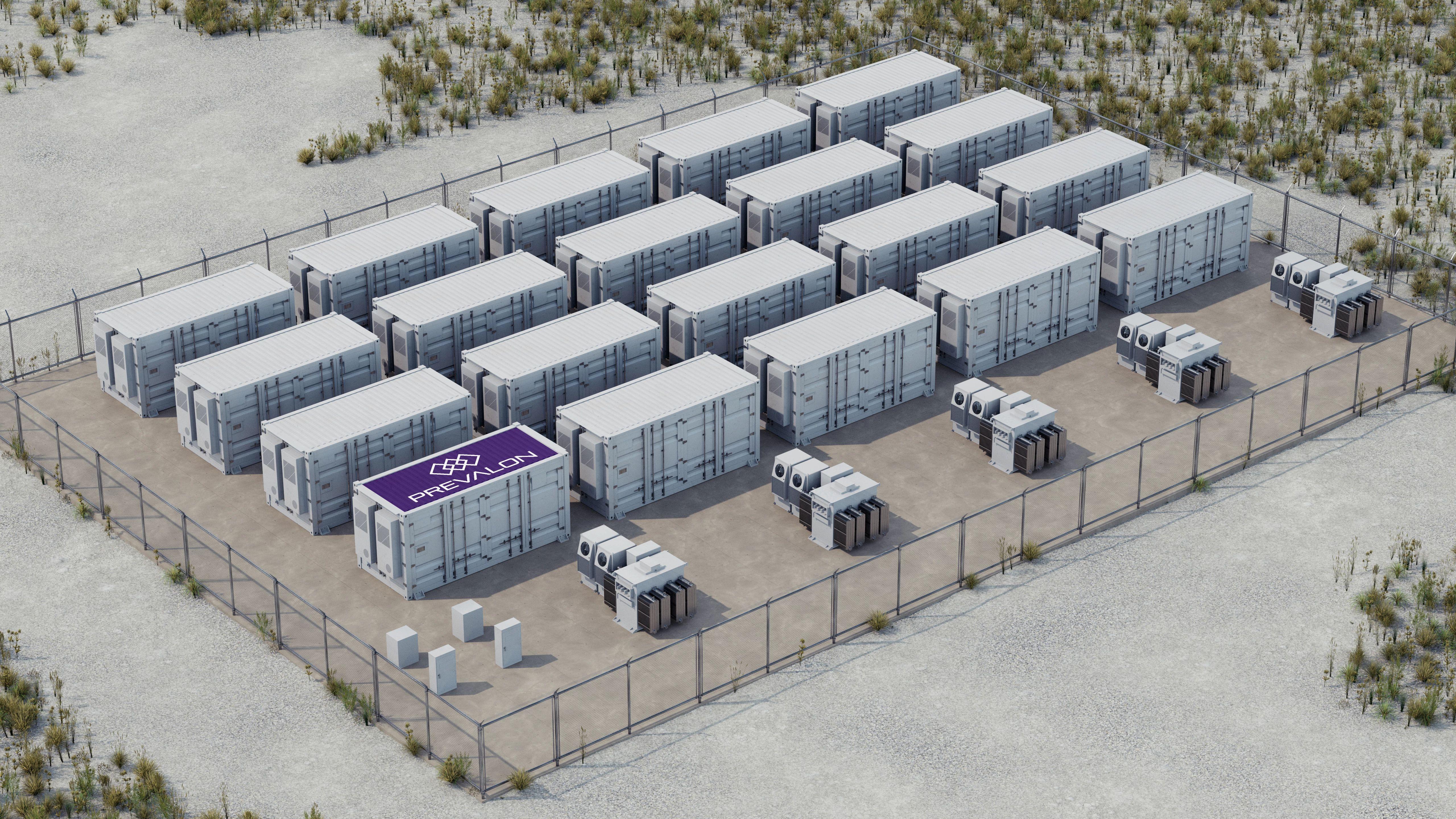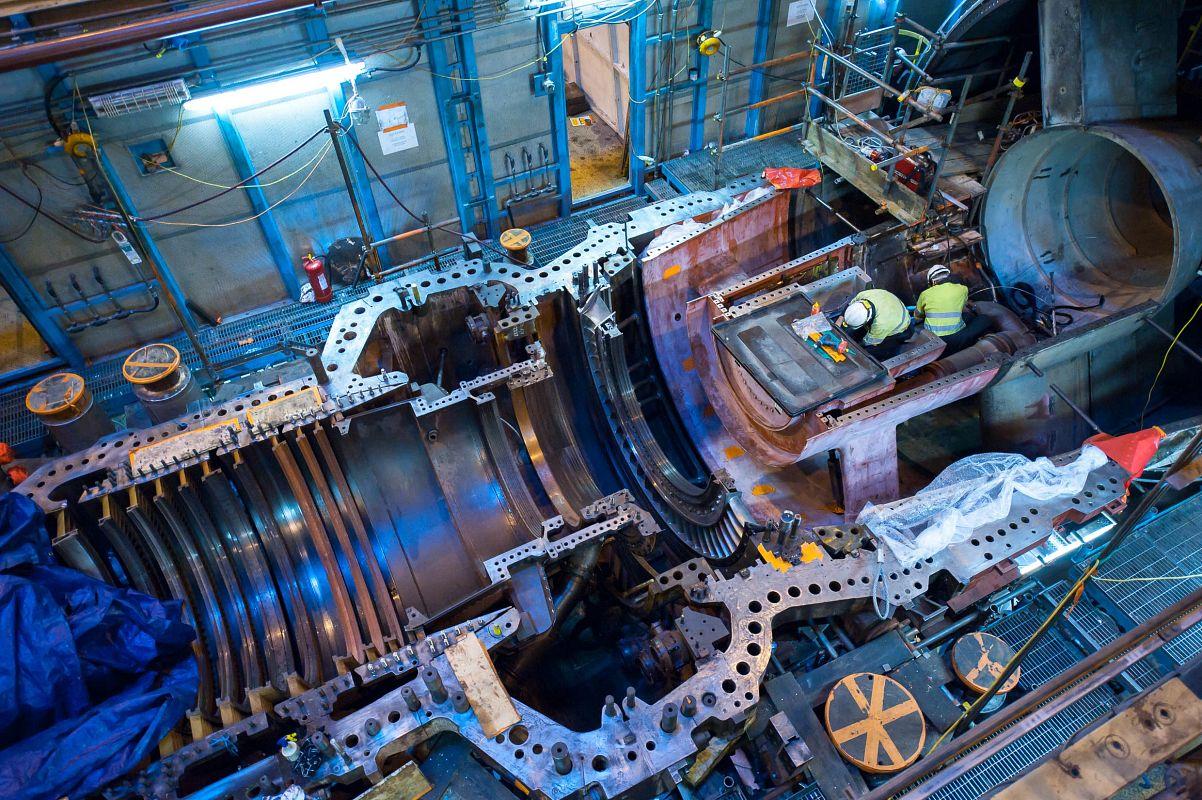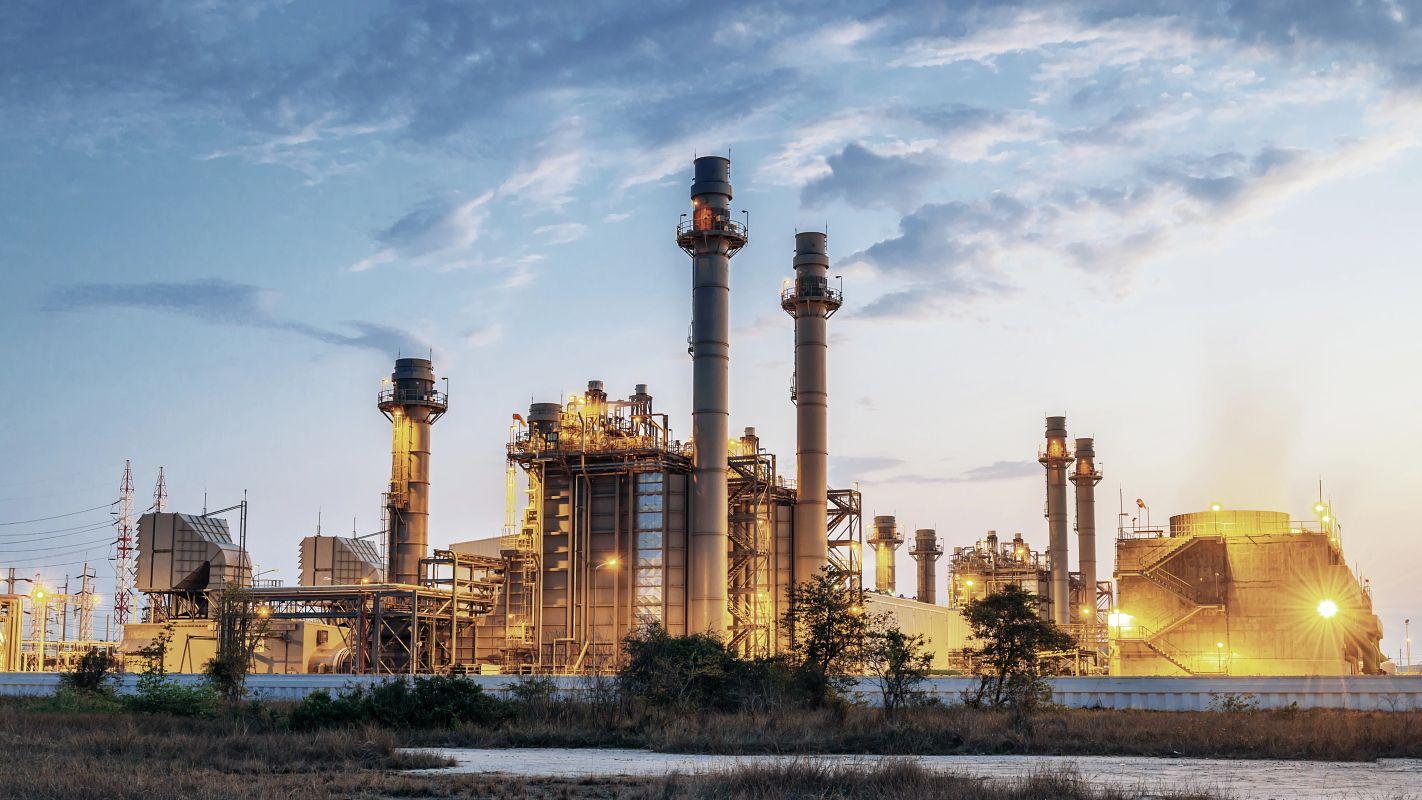Hydrogen

For decades, hydrogen has played a subtle but integral role in society, supporting the oil & gas and chemicals industry and serving as a key input in everything from plastics to fertilizer. However, it has only been in recent years that hydrogen has been seriously considered as a decarbonization agent in industries like transportation and power. Today, hydrogen-capable gas turbines are emerging as leading technology to help net zero carbon emissions by 2050.
-
Hydrogen production

-
Hydrogen storage

-
Hydrogen utilization


The Challenge
A zero-carbon fuel source with the capability to blend with natural gas, hydrogen is an essential component to decarbonization. While cost-effectively deploying hydrogen at scale remains a critical challenge, Mitsubishi Power remains equally committed to ensuring our gas turbines are hydrogen capable and reliable. As part of that commitment, we continue to advance hydrogen production technologies at our Hydrogen Park in Takasago, Japan, an integrated testing facility focused on proving the entire hydrogen value chain. The goals of 2050 begin today.
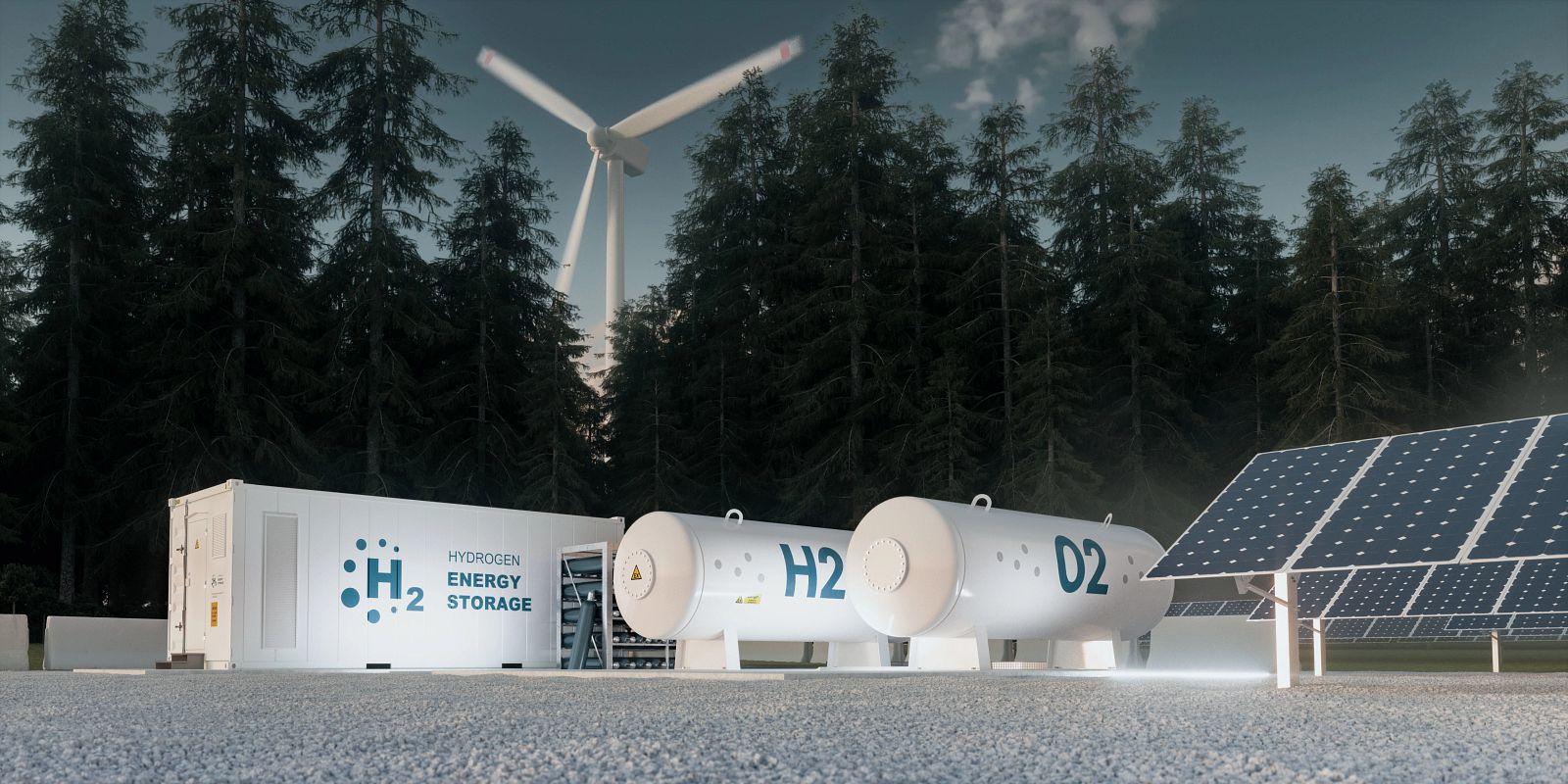
Our Solution: Enabling low-cost hydrogen
Hydrogen is a cost-effective solution for long-duration energy storage and a low to no carbon fuel source that will enable cross-sector decarbonization. With the support of tax credits and incentives, increased deployment of utility-scale hydrogen production, and the ongoing addition of renewables, the cost of hydrogen will continue to decline. Mitsubishi Power is working with key partners to deploy a low-cost hydrogen ecosystem across the entire value change.

Our Approach
Our approach to decarbonization is to meet our customers and partners where they are on their decarbonization journey. Geography, available resources, and existing infrastructure all play a critical role in determining the best path forward. We partner with our customers to develop the most cost-effective solution using what they have available while deploying new technology and business models to help them achieve their net zero goals.
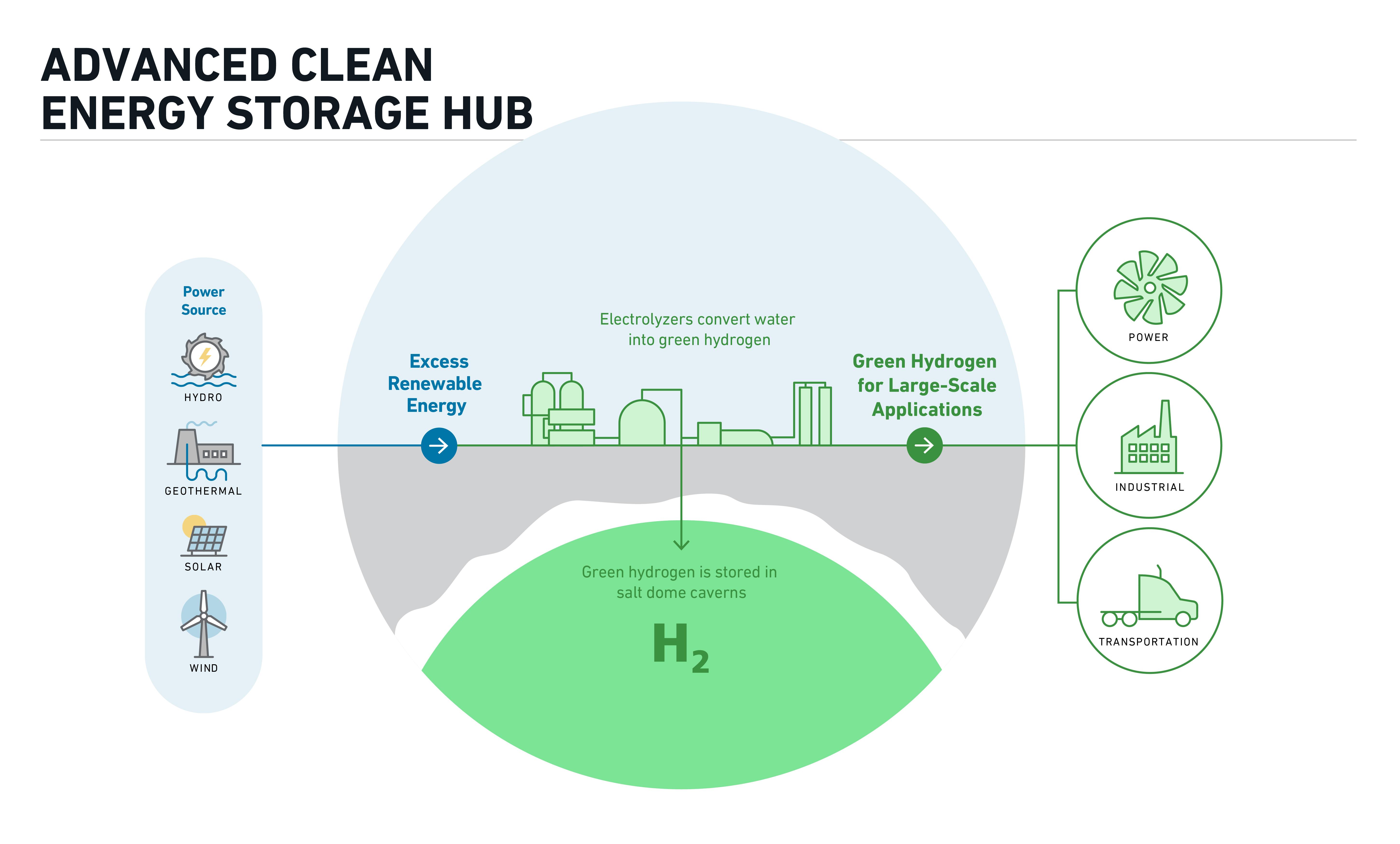

Advanced Clean Energy Storage Project
Located in Delta, Utah, the Advanced Clean Energy Storage hub will be a large renewable energy storage facility. Capable of decarbonizing the western United States, the site will enable utility and industrial scale green hydrogen production from renewable energy sources and store the hydrogen in underground salt dome caverns to provide a huge reservoir of renewable fuel for power generation.

From A to Zero, we can help you reach your decarbonization goals
Mitsubishi Power understands the solutions power producers need to navigate the energy transition: We are moving with a sense of urgency to develop them, while also working to ensure resource adequacy and affordability. Wherever you are on your net zero journey, our hydrogen-ready solutions can help you chart your course toward a clean energy future.

